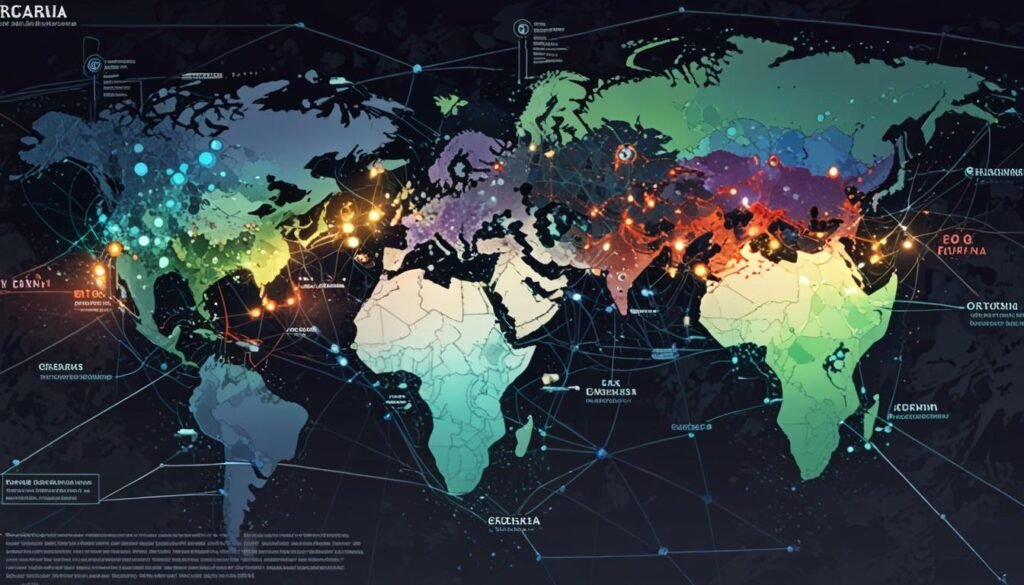**London**: A Sphera survey reveals many companies lack visibility beyond Tier 1 suppliers, risking disruptions as 85% of supply chain risks occur in deeper tiers. Challenges include data quality, manual assessments, and the need for better tech amid global geopolitical and regulatory pressures.
A recent study by Sphera, a provider of sustainability and risk management solutions, highlights significant challenges faced by companies in managing supply chain resilience amid ongoing geopolitical tensions, regulatory changes, and supply disruptions. The research, based on a survey of 500 senior business leaders including Chief Procurement Officers (CPOs) and Chief Sustainability Officers conducted in February 2025, indicates that many organizations lack transparency beyond their immediate (Tier 1) suppliers.
According to the survey findings, cooperation in supply networks typically ends at Tier 1 suppliers because these suppliers often do not disclose their own suppliers further down the chain. This limited visibility hampers companies’ ability to anticipate risks such as supplier bankruptcy or insolvency, particularly as 85% of supply chain risks and critical incidents occur in Tier 2 to Tier 4 suppliers. The lack of end-to-end mapping presents a serious vulnerability in supply chain management.
Paul Marushka, CEO and president of Sphera, was quoted as saying, “When disruptions hit, businesses need options. Firms with limited visibility into their supply chain have risks and exposures stemming from sub-tier suppliers who may be vulnerable to disruptions. Sphera’s N-Tier survey results demonstrate the importance of comprehensive supply chain mapping. Companies with a proactive approach can successfully weather the storm of any supply chain disruption.”
The study also identified key obstacles for organisations pursuing N-Tier supply chain transparency. Around 70% reported challenges with data accuracy and quality regarding suppliers beyond Tier 1, impeding effective risk management. Additionally, nearly half of the companies adopting N-Tier transparency cited drivers beyond regulatory frameworks such as the Corporate Sustainability Due Diligence Directive (CSDDD) and the European Union Deforestation Regulation (EUDR), reflecting business recognition of transparency as a strategic necessity rather than only a legal obligation.
Despite advancements in technology, 26% of respondents admitted continuing to rely on manual risk assessments, risking oversight and inefficiency. The remainder use a variety of tools that were often described as inadequate or overly complex for managing N-Tier supplier data.
As global supply chains face unpredictable pressures from geopolitical and environmental factors alongside evolving regulations, the study suggests a growing imperative for firms to invest in innovative technological solutions to improve supply chain visibility and resilience.
The GlobeNewswire is reporting on these findings from Sphera’s latest research into full supply chain transparency amid rising global uncertainty.
Source: Noah Wire Services





